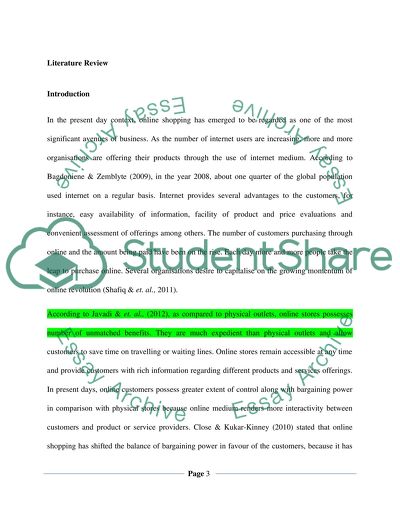Cite this document
(“Analysing Online Consumer Shopping Motivations For Luxury Products Research Paper”, n.d.)
Retrieved from https://studentshare.org/marketing/1487565-analysing-online-consumer-shopping-motivations-for-luxury-products
Retrieved from https://studentshare.org/marketing/1487565-analysing-online-consumer-shopping-motivations-for-luxury-products
(Analysing Online Consumer Shopping Motivations For Luxury Products Research Paper)
https://studentshare.org/marketing/1487565-analysing-online-consumer-shopping-motivations-for-luxury-products.
https://studentshare.org/marketing/1487565-analysing-online-consumer-shopping-motivations-for-luxury-products.
“Analysing Online Consumer Shopping Motivations For Luxury Products Research Paper”, n.d. https://studentshare.org/marketing/1487565-analysing-online-consumer-shopping-motivations-for-luxury-products.


